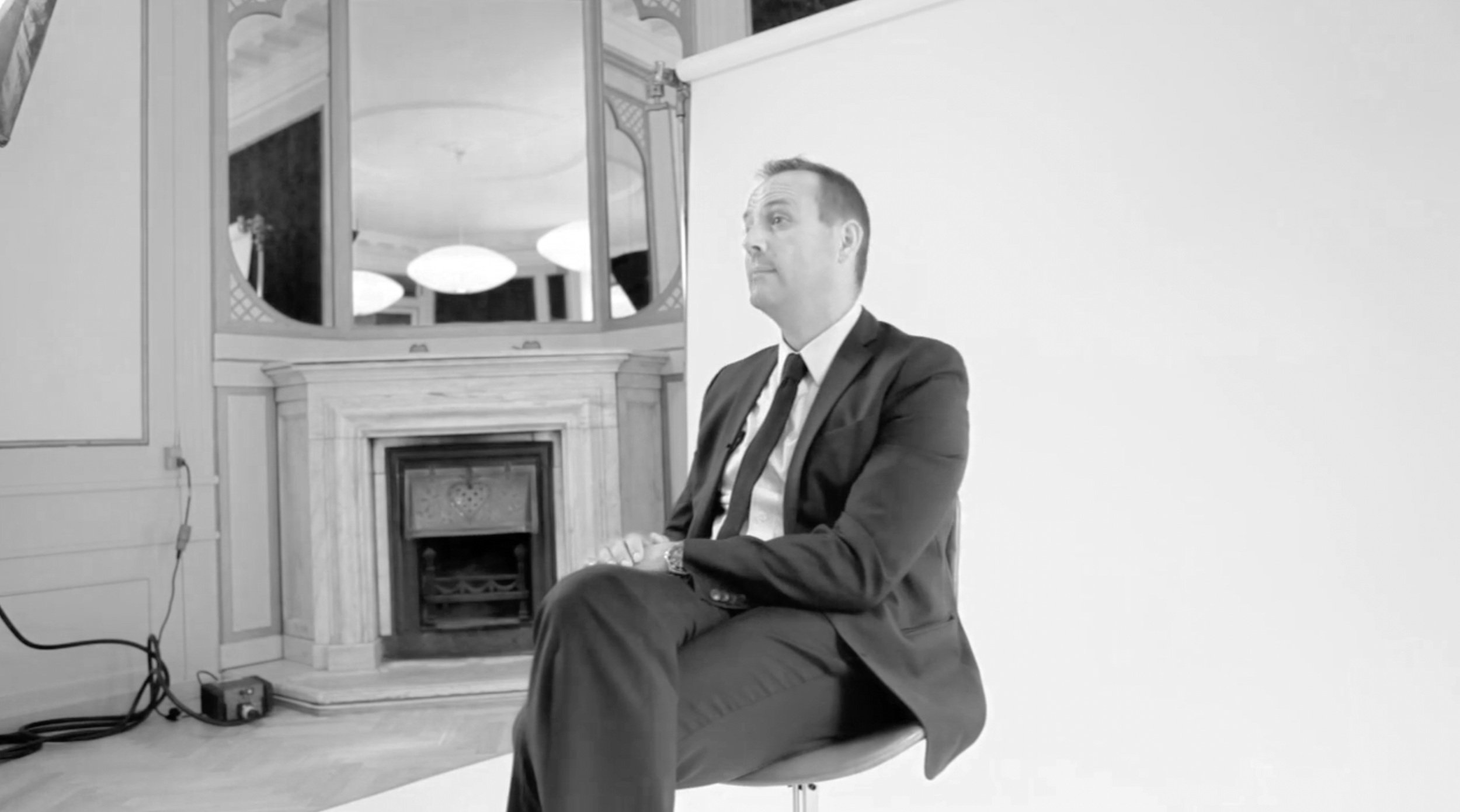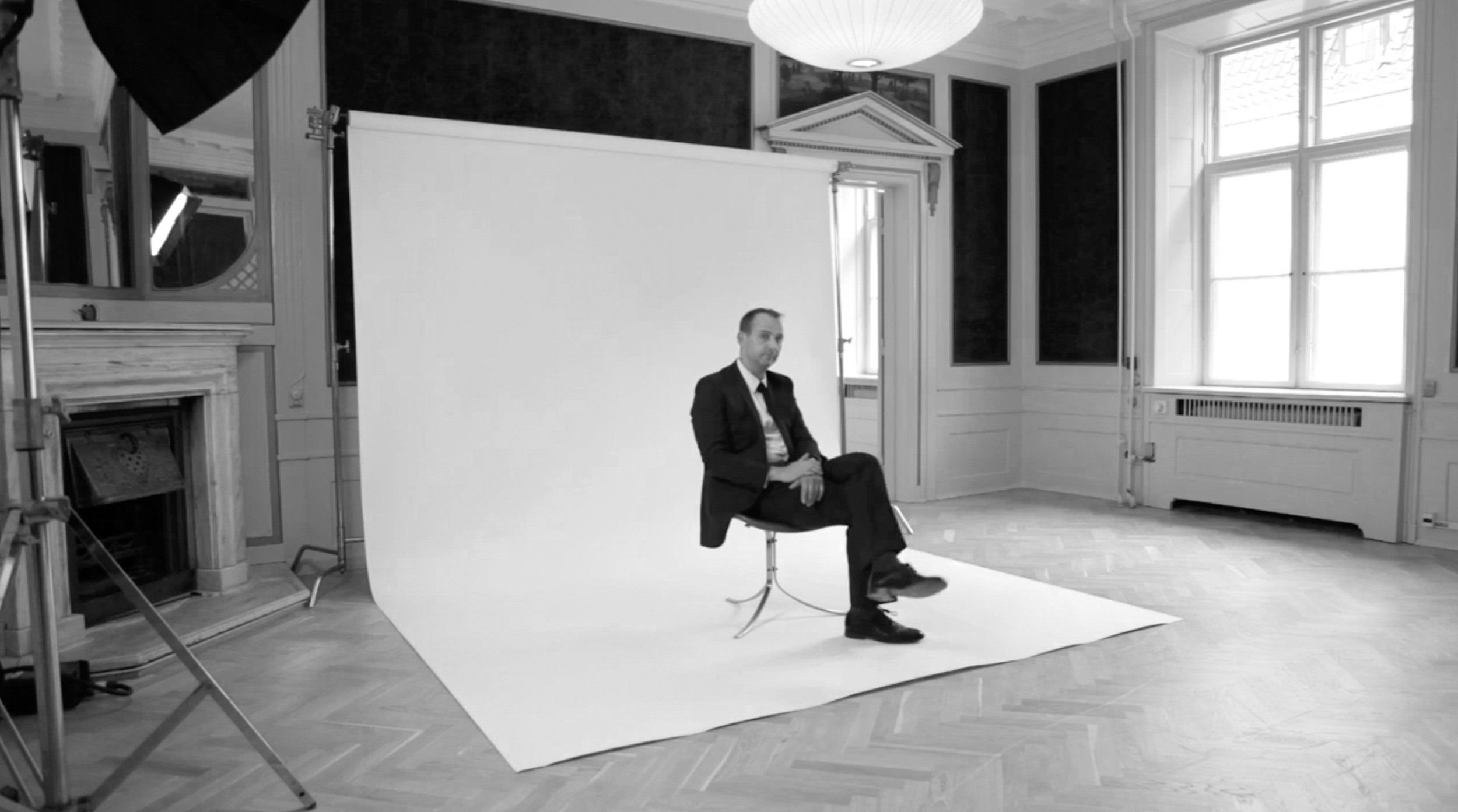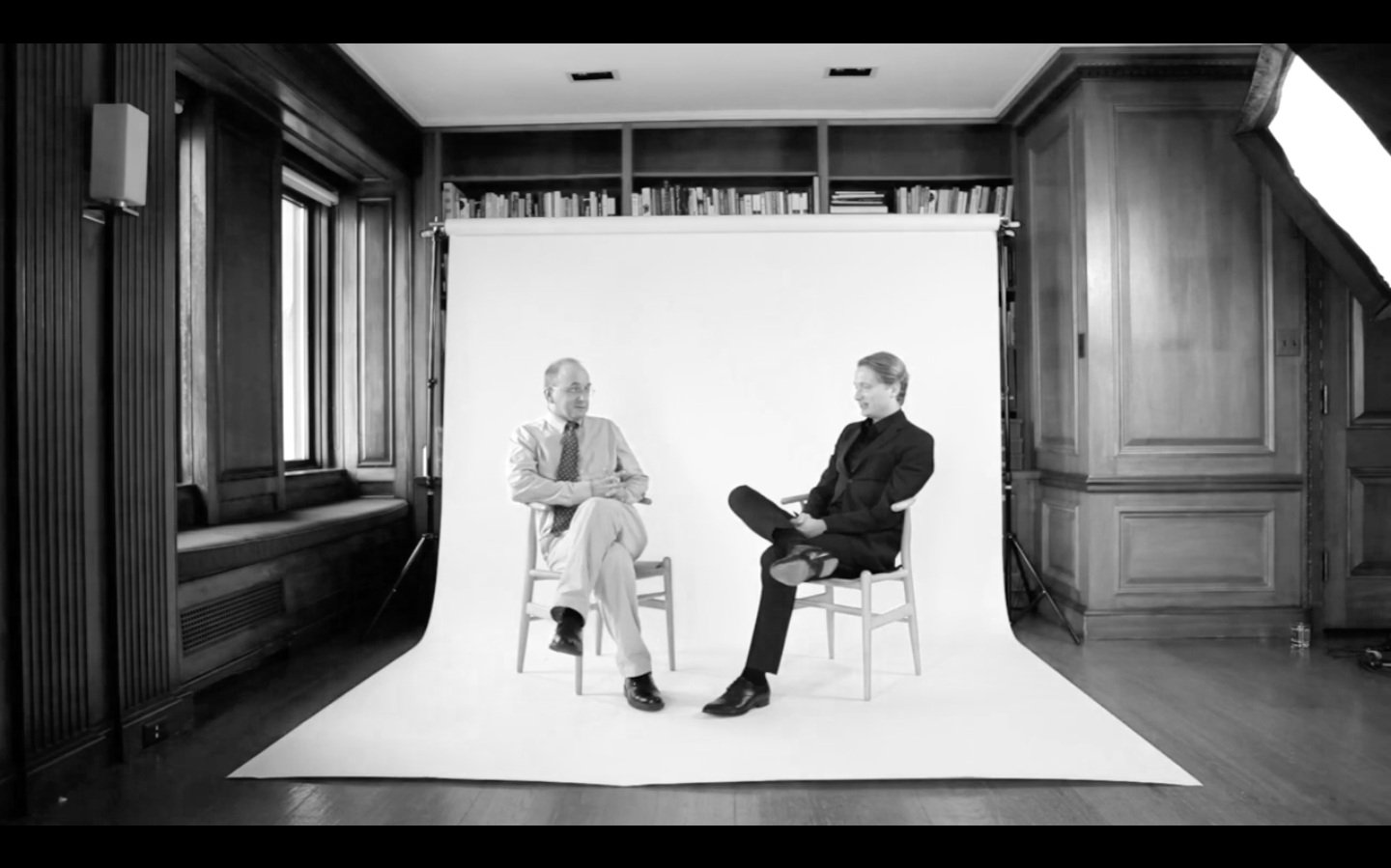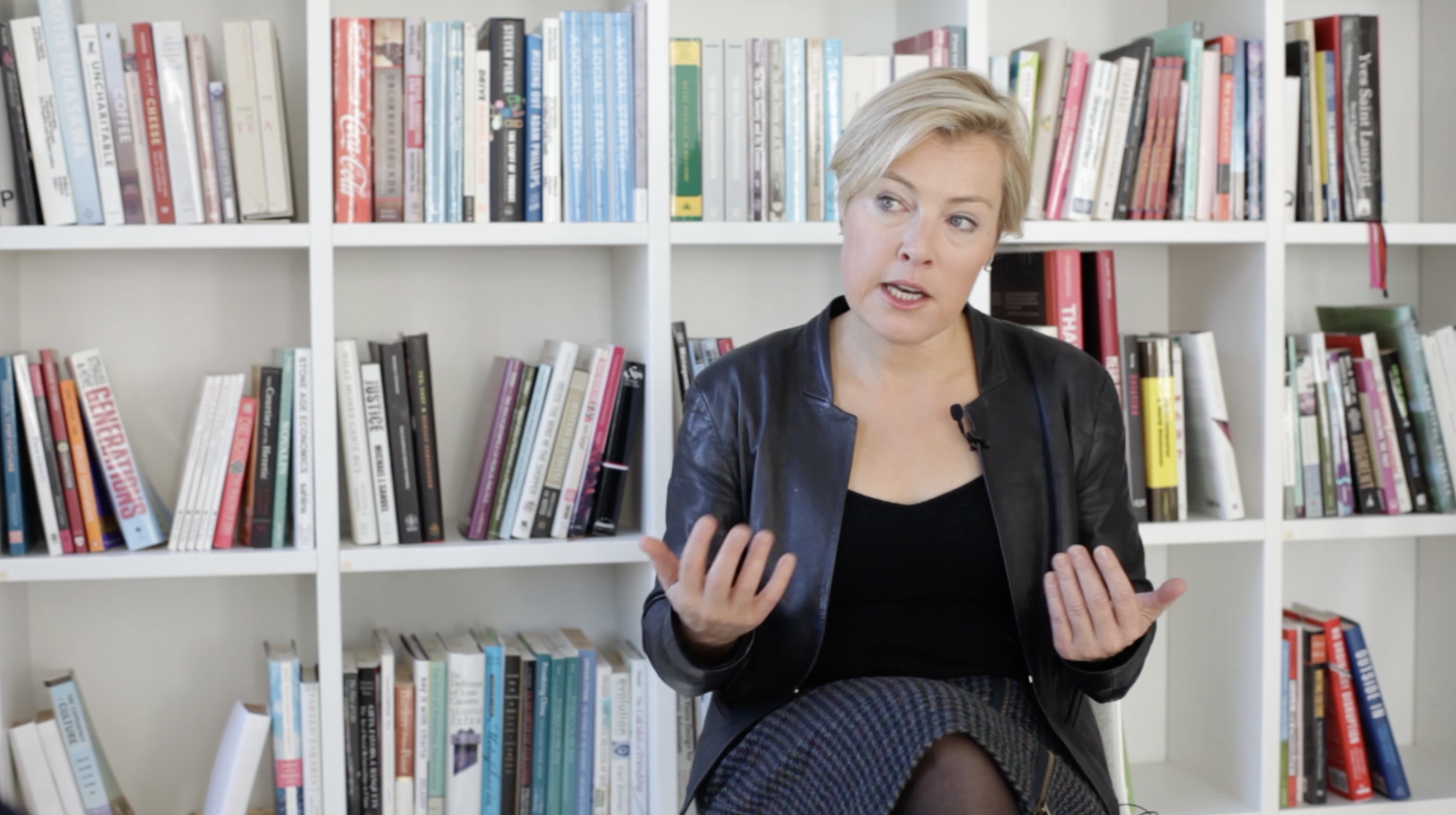Sensemaking Series Pt III: The four horizons of perspective
In this closing talk, Senior Partner and co-author of Moment of Clarity, Mikkel Rasmussen discusses the four levels of influence that orient business decisions: Self, Company, Market, and Society. Truly transformational companies succeed in influencing their markets and the wider culture, but this requires clarity that few companies truly have.
Sensemaking Series Pt II: Five signs that you are in a fog
In this second presentation, Senior Partner and co-author of Moment of Clarity, Mikkel Rasmsussen details five key signs that your business has encountered those “Level 3” problems discussed in ‘When Should I Turn to the Human Sciences?’
Sensemaking Series Pt I: When should I turn to the human sciences?
In this brief presentation, Senior Partner at ReD Associates and co-author of Moment of Clarity, Mikkel Rasmussen, discussed the three levels of business problems, and why the human sciences are critical to solving “Level 3” challenges: those where companies have a vague sense that “something is wrong,” but cannot clearly identify a specific problem and have no idea as to how to solve it.
Applying Theory to Applied Ethnography
In applied ethnographic praxis, how should we use theory? Exploring how existing theory from a variety of domains has supported and advanced our work, this paper justifies and demonstrates how theory can be used in an accessible and practical manner when framing research and analyzing experience in the field.
Webinar On The New Energy Future - Making Sense Of The Changing Energy Landscape
ReD Associates and Edison Energy spent more than a year meeting with hundreds of people who have a hand in energy management at large companies and organizations conducting what is perhaps the most comprehensive study ever done on the role of energy in large organizations and the challenges and changes in corporate energy management.
Fieldnotes As A Social Practice
Elevating And Innovating Fieldnotes In Applied Ethnography, Using A Collaborative Online Tool As A Case Study. Presented at the EPIC conference 2015 in Sao Paulo.
Corporate Anthropologists as Trending Trope in Today’s Public Imagination
Anthropologists in popular culture - 6 prominent clichés.
Creating An Innovation Culture
Innovation inside many of these companies is characterized by strong teamwork across disciplines, business units, and professional functions. There is a very widespread idea that innovation is driven by a lonely genius, a specific department, or a very special group of innovation champions, but this does not appear to be the case in these high-performing cultures.
Observing China Through Real People: An Ethnographer's Notes from the Field
A ReD partner recounts his meeting with a man who has lived through China’s enormous transformation.
A Question Of Perspective
To understand and diagnose an illness requires acknowledging the ecology in which it takes place and collecting multiple perspectives.
‘Out Of The Labs’: The Role for Ethnography in Guiding Clinical Trials
With the new reality of pharmaceutical R&D, companies must deliver impact and value. This paper explores how ethnographic research can fill that role in early stages of pharmaceutical clinical trials.
Disease Is Not Just Physical
How understanding the social, psychological, and emotional experience of psoriasis is fueling the pharmaceutical industry.
Deep Listening
“Deep listening means dwelling long enough at the unfamiliar, until something jumps out as meaningful”
Danish and Egyptian Cultural Institute - What does it mean to be ‘Egyptian’?
A nonprofit cultural institute approached ReD with a immersive research project to understand the value systems of everyday Egyptians.
Why Surveys Often Paint a False Green Picture of Consumers
Surveys can provide validate insights about consumers, but when it comes to understanding what keeps people from going green, they’re often unreliable.
Conducting Ethnography in Times of Political Turmoil—Lessons from the Field
ReD was tasked with understanding what shared values Egyptians had across religious, gender, age, and economic groups. As our project ended, the Arab Spring erupted.
Quality over Quantity
In our experience, as with art and science, creative business thinking flows best when it pivots on a “big idea”—a “structural design,” or a “paradigm.”




















